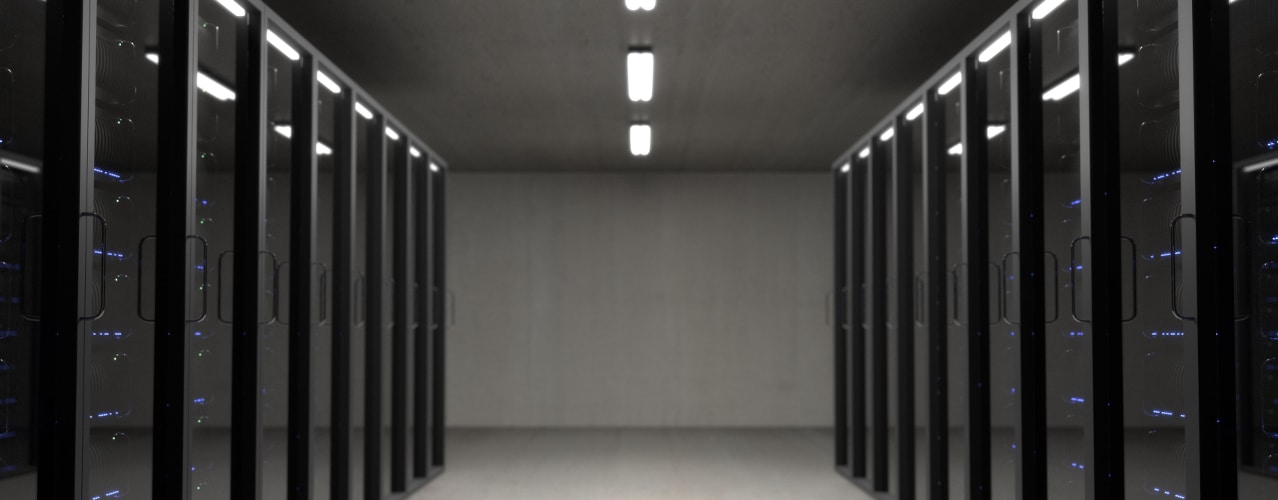Physical requirements of cloud-based solutions in server parks
Do you know where your data is kept?
Data is one of the most important aspects of our everyday lives. But do you really know how and under what circumstances it is stored in the cloud? Let us introduce you the physical aspects of cloud-based servers by describing the main features one must implement when operating a server park.
No one can avoid using the cloud, however, it is up to us how consciously we do it. Our mailings, calendars, online documents are all stored somewhere, but where is that somewhere really? In addition to this, most businesses buy extra space in the cloud to store and secure their most valuable information, documents, files, e-mailing, and memos. The locations where data is kept is usually in huge server parks, with high-security management. But what does this mean?
1. Location
A stable location is one of the most important key elements when thinking about a server park. It needs to be a massive building, which is protected against environmental hazards, like tornados, floods, hurricanes. Also, it needs to be secured against break-ins and security breaches, so no one can intrude the system and steal the information kept within.
2. Non-stop electricity
These systems require electricity to work properly 24/7. Accumulators, generators and backup generators take up a huge space in these facilities, as it would be tragic if the servers were out of power even for a split second. Data-loss is not something a server park could allow itself to happen.
3. Precise cooling systems
As the system works, heat is generated everywhere. A well designed and functioning heating system both ventilates the air and cools it at the same time. Without these implementations, the servers would overheat in no time.
4. Fire protection
From heat, one can associate to fires as well. An electrical fire would be almost impossible to stop without the right equipment. Therefore, monitoring systems are in operation all the time to signal if there is fire, and a well-established gas-based fire extinguisher collection is also always at hand.
Besides these protective measurements, these server parks are also functioning as faraday-cages, meaning that network options, electromagnetic signals and other forms of radio communication waves are locked out to prevent intruders from data theft.
All in all, one can say that clouds can be very physical indeed when it comes to data storing. The big, fluffy image that can be in consumers’ head is nothing like the infrastructure a server park needs in real life.
You might also be interested in:
Join Our Mailing List!
Sign-up today to receive our DocuBank newsletter and stay informed about our solutions and services, plus get exclusive content and product discounts.


Comments ()